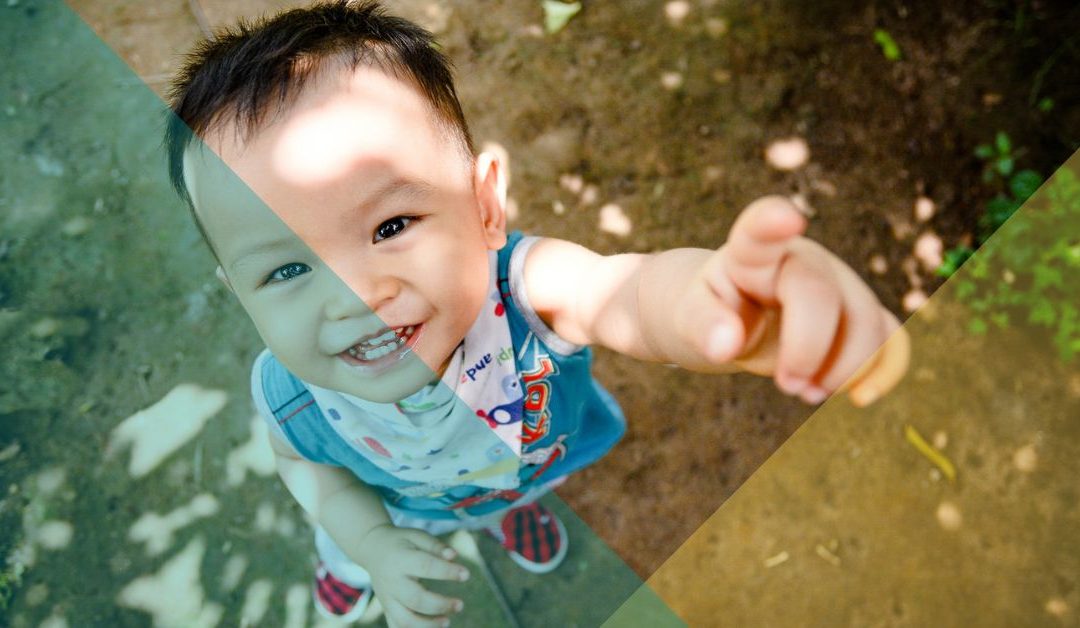Helping Children with Trauma Form Healthy Attachments
Children who have experienced childhood trauma often struggle to form a secure attachment to their parents or caregivers. This is because they have experienced broken trust previously and they have missed some key aspects of development and relationships.
What is Attachment?
There are four basic characteristics that give us a clear understanding of what attachment truly is. These characteristics are:
- Safe haven: the child can rely on their caregiver for comfort when they feel frightened or threatened.
- Secure base: when the caregiver gives the child a strong foundation to learn and sort things out themselves.
- Proximity maintenance: when the child aims to explore the world but still tries to stay close to their caregiver.
- Separation distress: when the child becomes unhappy when they are separated from their caregiver.
Symptoms of Attachment Struggles
Adults often do not clearly understand the symptoms of attachment struggles in children. Behavioral problems are often viewed as rebellious when in reality, it’s just a child processing their own need for regulation due to a lack of proper attachment.
Symptoms in both children and adults with trauma who struggle to create healthy attachments include:
- Being disconnected or disengaged from the feelings of others (detachment)
- Withdrawal from connections
- Inability to maintain serious romantic or platonic relationships
- Inability to show affection
- Resistance to receiving love
- Control issues
- Anger problems
- Impulsiveness
- Distrustful of others
- Inability to fully grasp emotions
- Feelings of numbness or emptiness
- Lacking a sense of belonging
Creating a Safe Haven with Positive, Safe Relationships
It is essential for the adults in the life of a child with trauma to not only create a safe haven for that child, but to understand the importance of positive, safe relationships (PSR). PSR is a comprehensive approach that helps your child to heal and empowers you to be the best caregiver you can be.
As an adult, our instincts are to try harder, push harder, and to “solve” the problem. But rather than trying to “fix” the problem, we should instead be looking at creating a supportive environment for a child to heal in.
Creating that safe haven through attachment parenting has been shown to enhance the relationship between the child and their caregiver, so it’s important to be sensitive to these issues. Being trauma-informed and understanding a child’s inability to form a healthy attachment really sets the foundation for more positive relationships and healthier attachments.
Childhood trauma is caused by negative relationships with an adult in a child’s life that leads to a loss of trust and safety. This means that you must focus on cultivating a relationship with the child that is built on trust and safety. Your mantra for PSR should be “trust is a must.” It is about creating a safe place for the child to work through their trauma on their own timeline.
For more information on Positive, Safe Relationships, be sure to check out these other resources:
For Parents: How Positive Safe, Relationships can Help Heal Childhood Trauma
For Teachers: How to Help Students with Trauma Grow Through Positive, Safe Relationships
A Parent’s Guide to Positive, Safe Relationships
Are you feeling hopeless and lost in a maze of parenting decisions? Is your family struggling with the behaviors of your child with trauma? My book Where Do We Go From Here? is the parents guide to helping your child walk through trauma with Positive, Safe Relationships. This book goes into depth on PSR and will offer you hope and rekindle the gratitude you had when you first began this journey. It will help you learn how to create a supportive environment for your child to heal in!
Get the eBook or paperback version of my book now!


